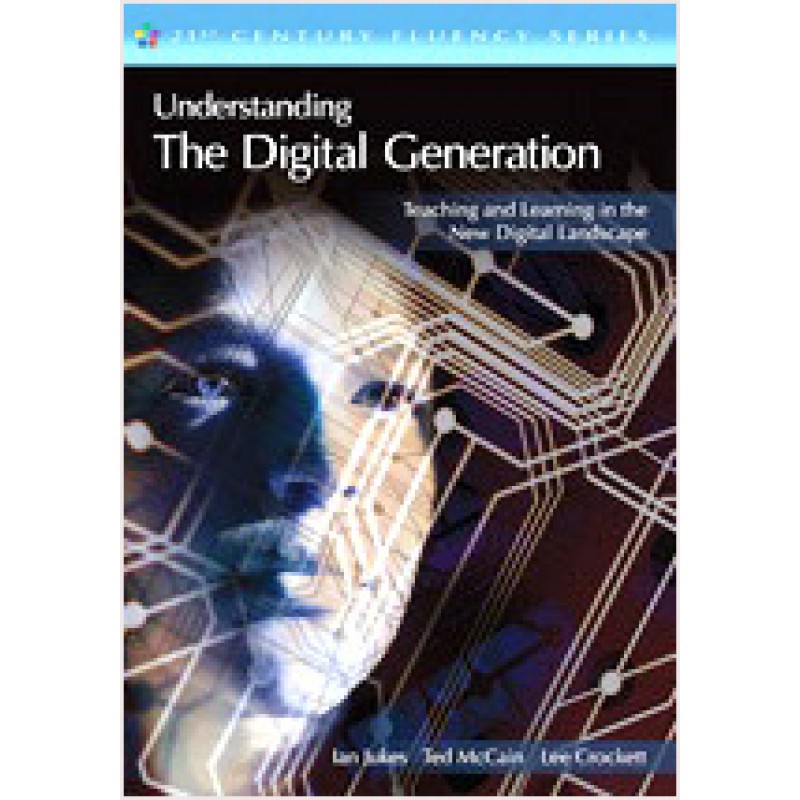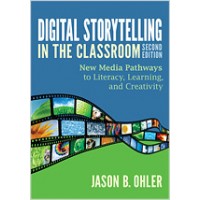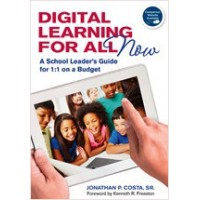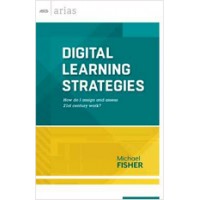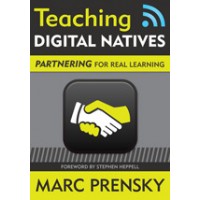Understanding the Digital Generation: Teaching and Learning in the New Digital Landscape, May/2010
| Author(s) | Ian Jukes, Ted McCain, and Lee Crockett |
| ISBN10 | 1412938449 |
| ISBN13 | 9781412938440 |
| Format | Paperback |
| Pages | 152 |
| Year Publish | 2010 May |
Synopsis
An innovative look at reshaping the educational experiences of 21st-century learners!
Inspiring thoughtful discussion that leads to change, this provocative resource for teachers and administrators examines how the new digital landscape is transforming learners and learning. It makes the case for rethinking teaching processes in the face of these emerging developments within an environment of standards, accountability, and high stakes testing, and for providing informed leadership that supports 21st-century learning.
The book provides strategies, ideas, and compelling viewpoints to help leaders deepen their understanding of how educational thinking and instructional approaches must translate into relevant classroom experiences for today’s learners. Understanding the Digital Generation describes implementing educational approaches that build critical thinking skills, and discusses the role of digital media and technology used by students and how that fosters the crucial development of new 21st-century fluency skills. In reader-friendly terms, the authors provide:
- A comprehensive profile of digital learners’ attributes
- An exploration of the concepts of “neuroplasticity” and the “hyperlinked mind”
- An approach to educational models that support traditional literacy skills alongside essential 21st-century fluencies
- An examination of appropriate methods of evaluation that encompass how digital generation students process new information
For staff developers leading study groups, this text provides powerful chapter-opening quotes, built-in questions, and additional tools to generate reflective dialogue and an open exchange of ideas.
About The Authors:
Ian Jukes has been a teacher, an administrator, writer, consultant, university instructor, and keynote speaker. He is the director of the InfoSavvy Group, an international consulting group that provides leadership and program development in the areas of assessment and evaluation, strategic alignment, curriculum design and publication, professional development, planning, change management, hardware and software acquisition, information services, customized research, media services, and online training as well as conference keynotes and workshop presentations. Over the past 10 years, Jukes has worked with clients in more than 40 countries and made more than 7,000 presentations, typically speaking to between 300,000 and 350,000 people a year. His Committed Sardine Blog is read by more than 78,000 people in 75 countries.
Ted McCain is coordinator of instructional technology for Maple Ridge Secondary School in Vancouver, BC. He worked for several years in the computer industry as a programmer, salesperson, and consultant before entering the teaching profession. In education, he has been a teacher, administrative assistant, and technology consultant. He also has taught computer networking, graphic design, and desktop publishing for Okanagan College, Kelowna, BC. He is the author of six books on the future, effective teaching, educational technology, and graphic design. In 1997, McCain received the Prime Minister’s Award for Teaching Excellence. He was nominated for this prestigious Canadian national award for his work in developing a real-world technology curriculum for students in Grades 11 and 12 that prepares them for employment in the areas of multimedia, networking, and Internet publishing directly out of high school. McCain was recognized for his work in creating his “4 Ds” approach to solving problems, his unique use of role-playing in the classroom, and his idea of progressive withdrawal as a way to foster independence in his students. For the past twenty years, McCain has done consulting work for businesses and school districts on effective teaching for the digital generation and the implementation of instructional technology. His clients have included Apple Computer, Microsoft, Aldus, and Toyota, as well as many school districts and educational associations in both the United States and Canada. In 1995, McCain joined the Thornburg Center for Professional Development in Lake Barrington, Illinois, as an associate director. In this role, he has expanded his work as a educational futurist. McCain focuses on the impact that the astounding changes taking place in the world today as a consequence of technological development has on students and learning. He is passionate in his belief that schools must change so that they can effectively prepare students for the rest of their lives.

